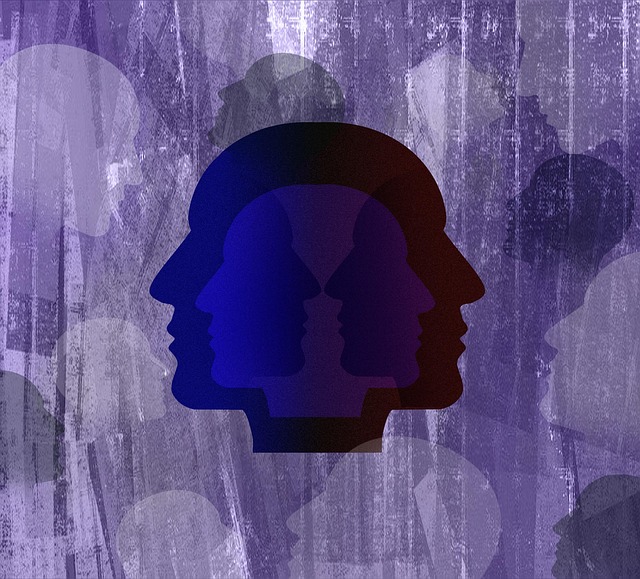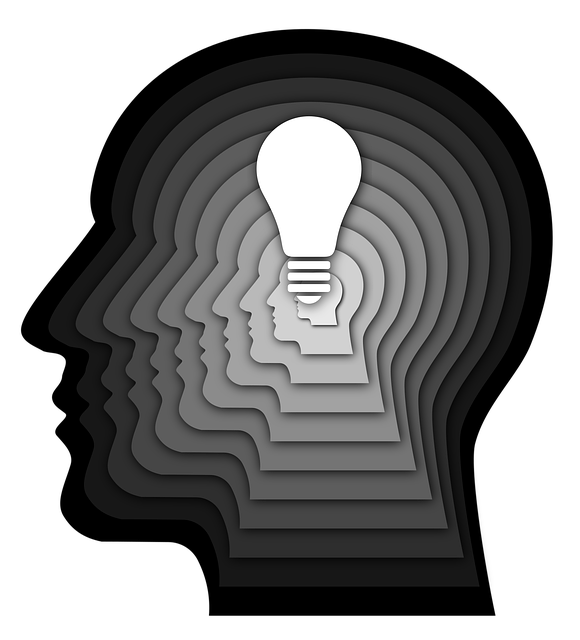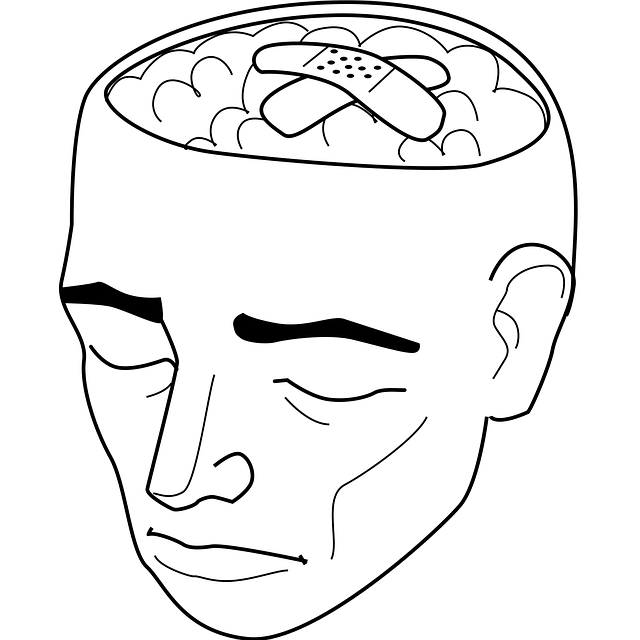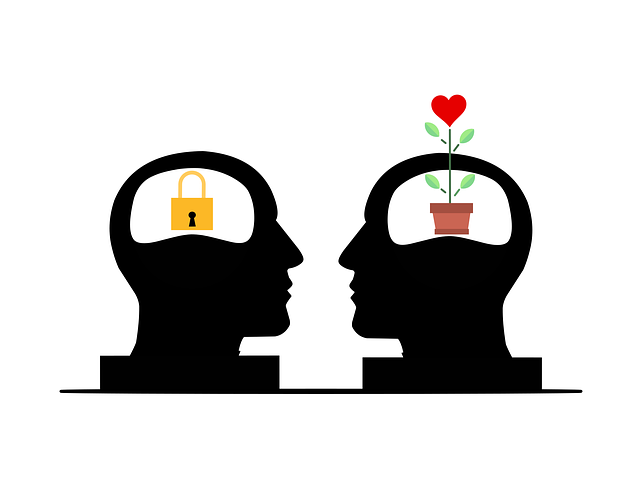The text highlights the often-overlooked link between social skills and mental health, particularly in traditional therapy. It introduces Social Skills Training (SST) as a powerful tool for individuals with mental health conditions, focusing on improving communication, emotional regulation, and self-awareness. By integrating SST with Superior Drug Abuse-Substance Abuse Therapy, healthcare professionals can holistically address social impairments associated with disorders like anxiety, depression, and schizophrenia. This approach enhances well-being, boosts self-esteem, and provides practical skills for managing interpersonal challenges, ultimately shaping more inclusive mental health policy advocacy.
Social skills training is a powerful tool for managing mental health conditions, addressing a crucial aspect of holistic healing often overlooked. This article delves into the intricate relationship between social competence and mental well-being, exploring challenges faced by those with mental illnesses in daily interactions. We discuss the pivotal role of therapy in enhancing social abilities and present effective strategies for training. Furthermore, we highlight the integration of social skills development into substance abuse treatment, emphasizing its potential to revolutionize care via Superior Drug Abuse-Substance Abuse Therapy approaches.
- Understanding the Link Between Social Skills and Mental Health
- Identifying Challenges in Social Interaction for Individuals with Mental Illnesses
- The Role of Therapy in Enhancing Social Competence
- Effective Strategies for Social Skills Training
- Integrating Social Skills Development into Substance Abuse Treatment
Understanding the Link Between Social Skills and Mental Health

The relationship between social skills and mental health is a crucial aspect often overlooked in traditional therapy approaches. Developing robust social skills can significantly impact an individual’s ability to manage and overcome various mental health conditions, including superior drug abuse-substance abuse therapy cases.
Social Skills Training (SST) serves as a powerful tool within the emotional healing processes by equipping individuals with the necessary competencies to interact, communicate, and connect with others effectively. By focusing on SST, professionals can address underlying social impairments often associated with mental health disorders, fostering better relationships, enhancing support networks, and promoting overall well-being. This holistic approach complements traditional therapy methods, targeting not just the symptoms but also the root causes of distress, thereby shaping a more inclusive Mental Health Policy Analysis and Advocacy framework.
Identifying Challenges in Social Interaction for Individuals with Mental Illnesses

Individuals with mental health conditions often face unique challenges when it comes to social interaction due to their illness’s impact on emotions, cognition, and behavior. These challenges can manifest in various ways, from difficulty initiating conversations to struggles in maintaining eye contact or interpreting social cues. For example, those suffering from anxiety disorders might experience intense fear in social situations, leading to avoidance behaviors. Similarly, individuals with depression may exhibit a lack of motivation or energy, making it hard to engage in social activities. Furthermore, conditions like schizophrenia can affect one’s ability to process and respond appropriately to others’ speech and behavior.
The impact of these challenges is significant, often exacerbating feelings of isolation and loneliness. It’s crucial to recognize that improving social skills is a vital component of holistic treatment for mental health disorders. Effective strategies, such as those offered by superior drug abuse-substance abuse therapy programs, can help individuals navigate these obstacles. Trauma support services and burnout prevention strategies tailored to healthcare providers’ needs can also play a pivotal role in fostering healthier social interactions, ultimately enhancing the overall well-being of those struggling with mental illnesses.
The Role of Therapy in Enhancing Social Competence

Social skills training is a powerful tool in the management of mental health conditions, and therapy plays a pivotal role in enhancing social competence. Through individualized Superior Drug Abuse-Substance Abuse Therapy sessions, clients can learn effective communication strategies, improve their emotional regulation skills, and develop a deeper understanding of themselves and others. This process fosters better interactions in various settings, from personal relationships to professional environments.
Therapy provides a safe space for individuals to practice social interactions, receive immediate feedback, and learn stress reduction methods. By incorporating Self-Awareness Exercises and techniques tailored to their specific needs, clients can boost their self-esteem and confidence. Moreover, therapists can guide them in navigating social challenges, offering alternative coping strategies and promoting positive behaviors, ultimately leading to improved overall well-being.
Effective Strategies for Social Skills Training

Social Skills Training (SST) is a powerful tool for individuals navigating mental health conditions, offering strategies to enhance their interactions and overall well-being. One effective approach involves role-playing scenarios tailored to specific challenges. For instance, practicing social interactions in a safe environment can help those with anxiety disorders build confidence when engaging with others. This method enables them to develop appropriate responses to various social cues, fostering better communication and reducing potential triggers for distress.
Additionally, incorporating cultural sensitivity in mental healthcare practice is vital. SST should consider the diverse backgrounds of individuals, ensuring inclusive techniques that respect and accommodate different cultural norms and perspectives. Teaching conflict resolution techniques as part of this training empowers clients to manage interpersonal challenges constructively, which is especially relevant when addressing substance abuse issues, such as Superior Drug Abuse-Substance Abuse Therapy. Integrating these strategies into mental health policy analysis and advocacy further strengthens the impact, promoting more effective support systems for diverse communities.
Integrating Social Skills Development into Substance Abuse Treatment

Integrating social skills development into substance abuse treatment is a comprehensive approach that addresses the multifaceted needs of individuals struggling with addiction. Beyond addressing the biological aspects of drug abuse, superior drug abuse-substance abuse therapy programs recognize the profound impact of social interactions on mental health recovery. By incorporating techniques such as conflict resolution and compassion cultivation practices, patients learn essential skills for navigating interpersonal relationships, enhancing their ability to maintain sobriety in various social contexts.
This holistic approach not only facilitates healthier connections with peers and loved ones but also contributes to the development of a robust self-care routine for better mental health. Through structured activities and guided exercises, individuals gain confidence in expressing needs, setting boundaries, and responding constructively to challenges, thereby fostering a supportive network that is crucial for long-term recovery.
Social skills training is a powerful tool in addressing the challenges faced by individuals with mental health conditions, particularly those struggling with substance abuse. By integrating these strategies into treatment plans, such as Superior Drug Abuse-Substance Abuse Therapy, professionals can significantly enhance social competence and overall well-being. Understanding the link between social interaction and mental health is crucial, as it enables more comprehensive care, fostering better outcomes and improved quality of life for those navigating these conditions.














